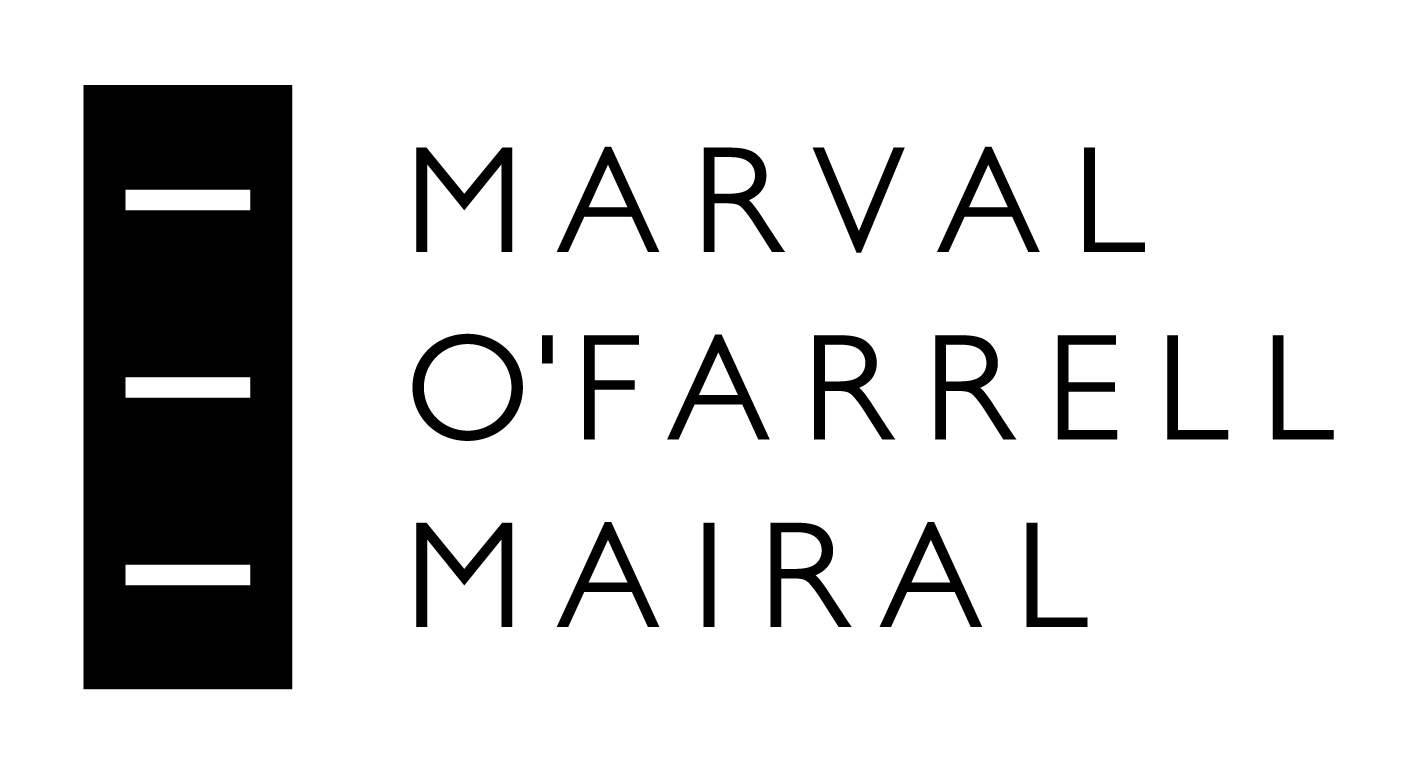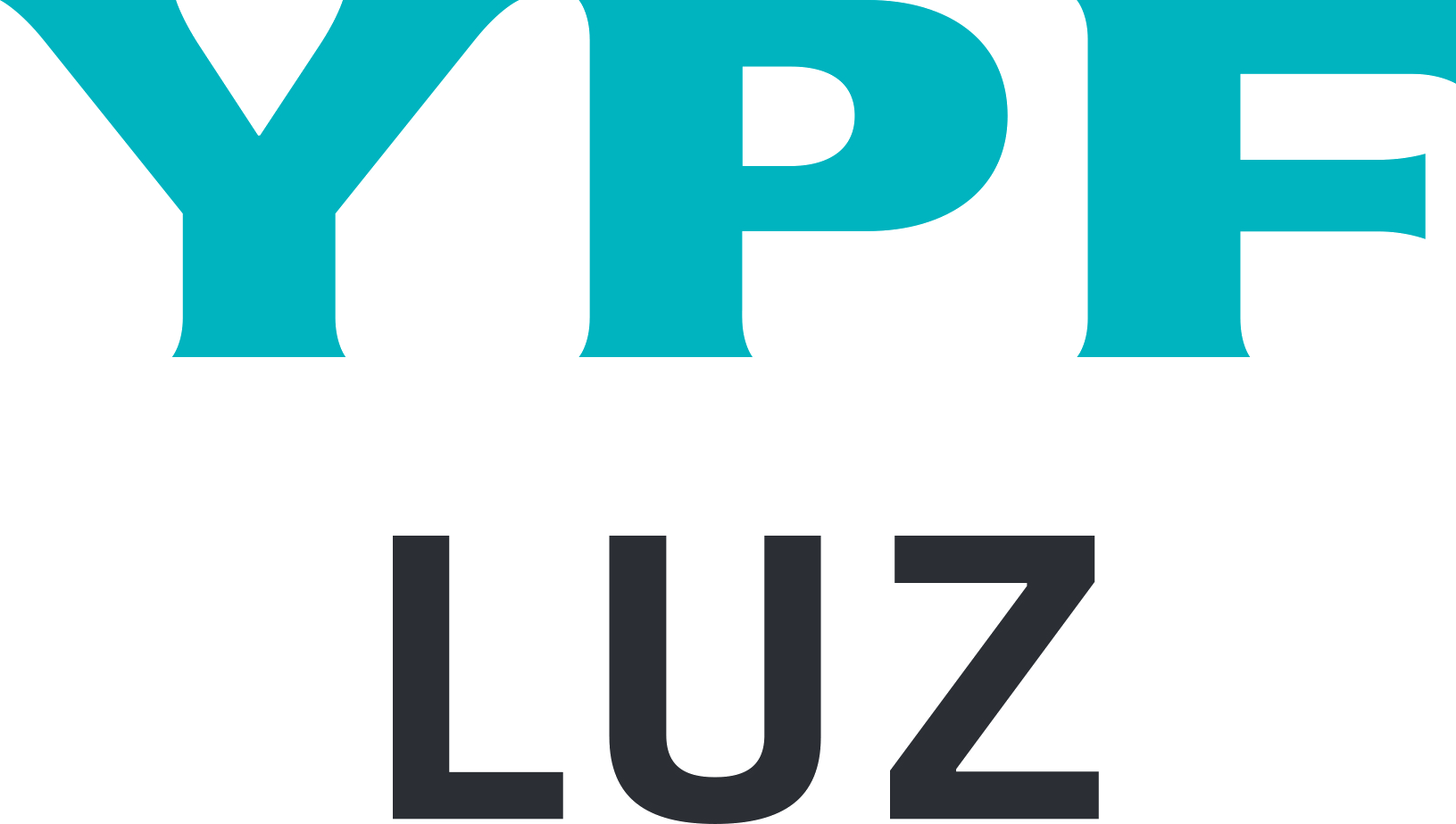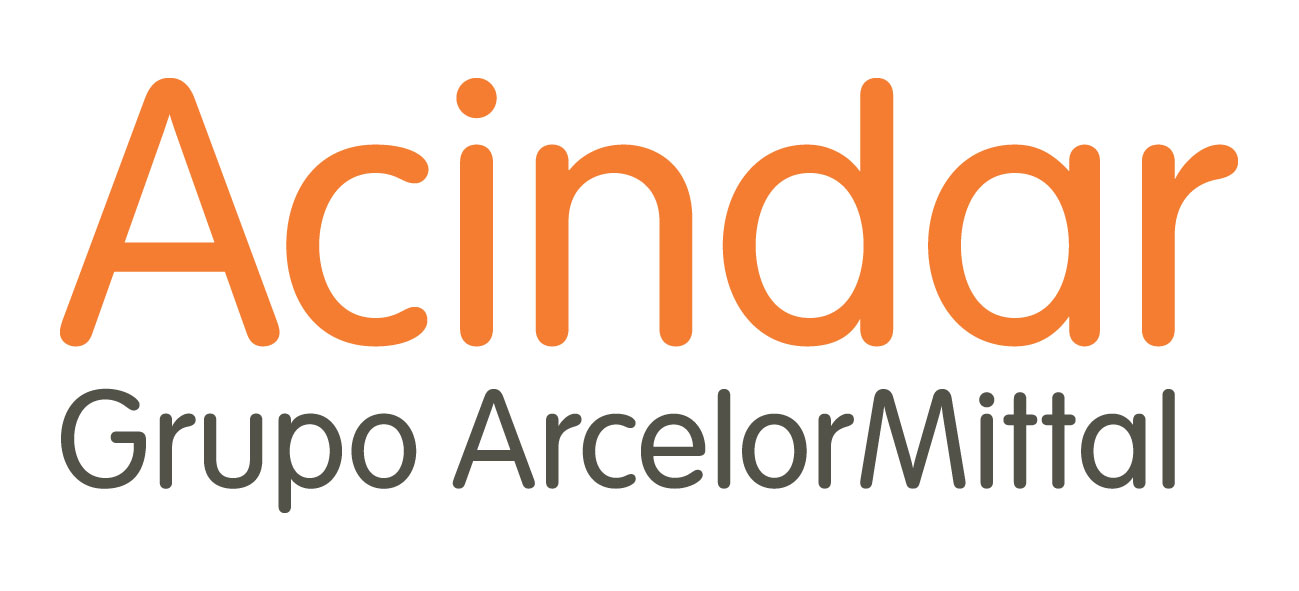Report: Improvements in Informal Settlements and Women’s Health
A “Home Equals” 2025 Research
The latest report from Habitat for Humanity International, titled “Improvements in Informal Settlements and Women’s Health,” shows that investing in housing improvements in these communities has positive effects on both women’s health and collective well-being, while also promoting sustainable development.
The findings, backed by evidence, are especially relevant in the current context: more than 1.1 billion people worldwide live in informal settlements or slums. In these areas, women are overrepresented and face greater vulnerability compared to men, due to cultural practices and social structures that limit their access to education, economic opportunities, employment, rights, and property ownership.
Key Findings
Adequate housing can have a significant impact on women’s health. Habitat for Humanity identified that, in just the first year, certain key improvements in homes located in informal settlements can yield positive outcomes such as:
- 20.3 million preventable illnesses, including respiratory infections, enteric infections, chronic lung disease, reproductive and urinary tract infections, and heat-related illnesses.
- 42.9 million incidents of gender-based violence prevented, including intimate partner violence and non-partner sexual violence. At least one in every 17 cases of sexual violence could be prevented if improvements were made in informal settlements.
- 80,200 preventable deaths were avoided. At least one in four maternal deaths and one in six heat-related deaths could be avoided globally if improvements were made in informal settlements.
Bold Measures to Improve Women’s Health Through Housing
Habitat for Humanity calls for bold and coordinated action to address the interrelated challenges of housing and women’s health, prioritizing solutions that meet the specific needs of women living in informal settlements.
- National and local governments must recognize the strong connections between housing and health. It is imperative to integrate gender-sensitive and community-led improvement solutions as part of public health policies.
- The donor community, especially G7 member states, must adopt a more holistic approach to global health, recognizing adequate housing and comprehensive improvement of informal settlements as fundamental investments for well-being, resilience, and gender equality.
- Implementing organizations must incorporate gender-sensitive approaches in all their actions. People living in informal settlements, along with their allies, play a key role in improving evidence-based public policies. This involves promoting women’s leadership and closing information gaps on critical — yet often overlooked — issues related to adequate housing.
Finally, while these statistics are compelling and should drive urgent action, the lack of disaggregated data limits the ability to analyze and respond. It is crucial to close information gaps, especially regarding gender and location, to fully understand how housing in informal settlements impacts the health and well-being of communities and thereby design truly effective solutions.




























